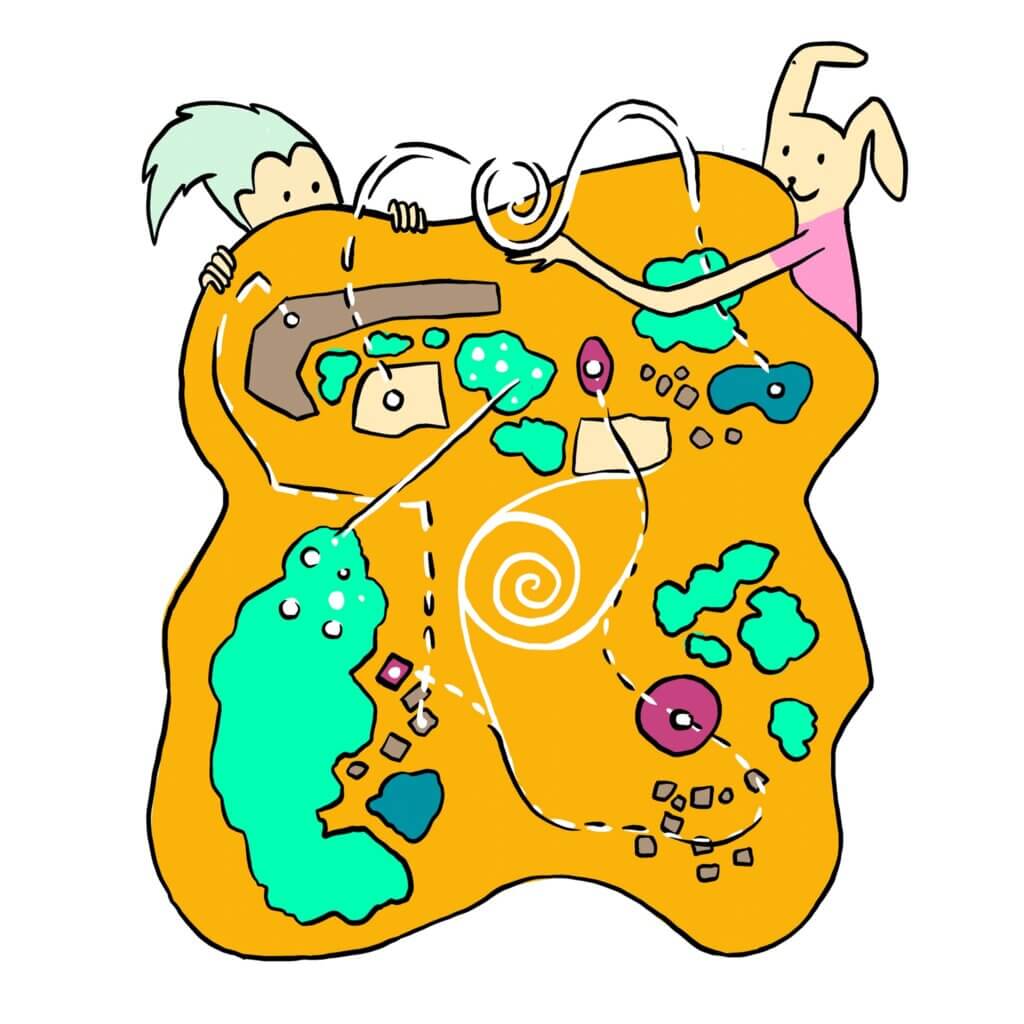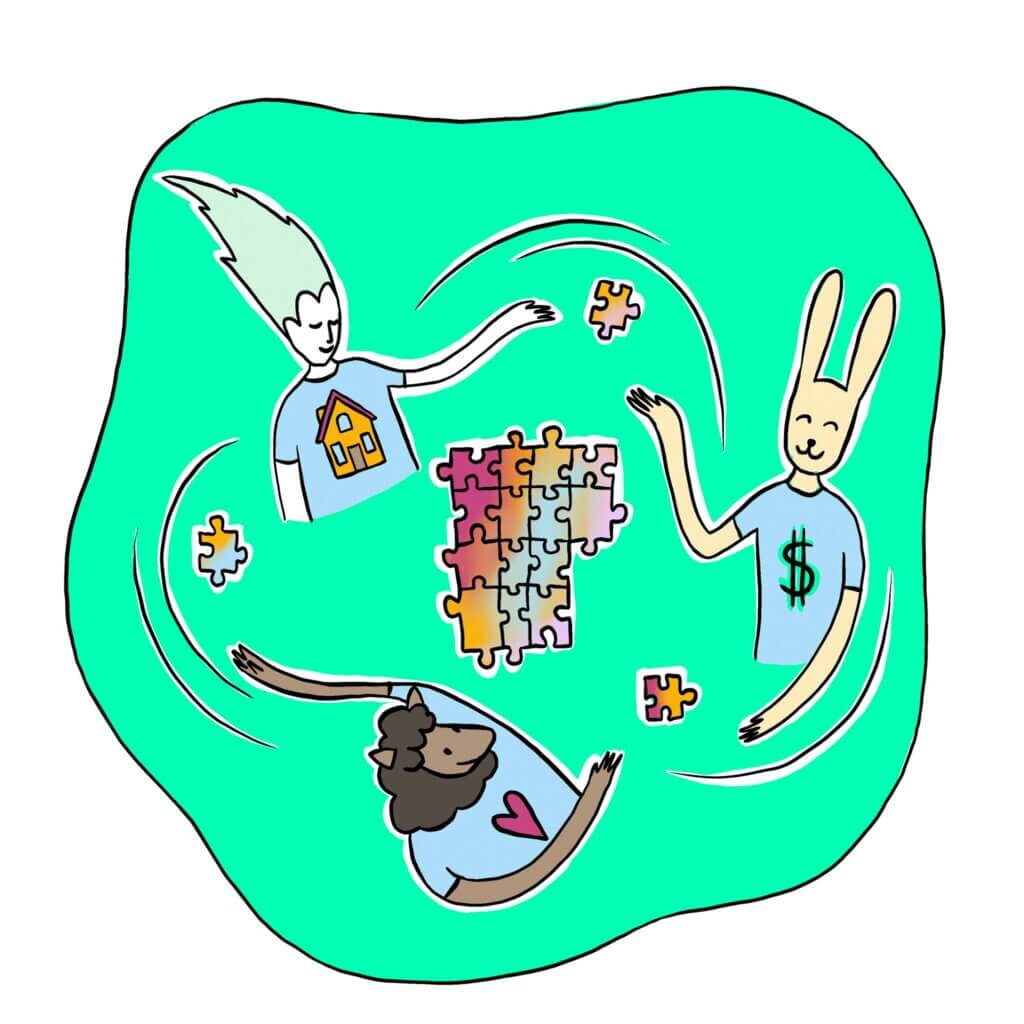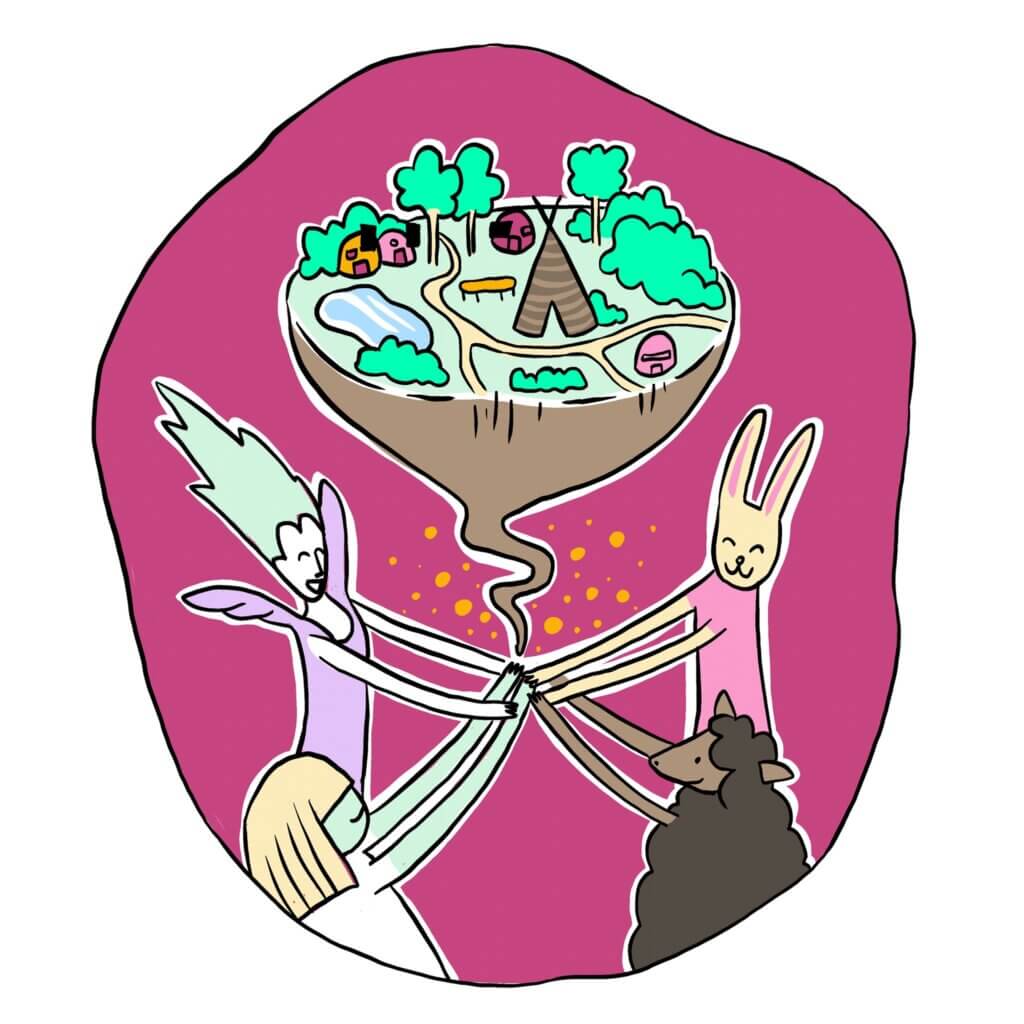i want to share a concept about relationships, which i learned in a very specific context, but transformed how i see relationships everywhere
there are relationships! we all have them! there are many kinds of relationships! friends, acquaintances, romantic partners, collaborators and business partners, peers, etc.!
whatever kind of relationship you have with anyone, it has various affordances, including making REQUESTS!

if you have a relationship with someone of any kind, either of you can make a request of the other at any time!
they will either say yes or no or make a counter offer!
and that’s good! requests bring you closer, they strengthen the ties and relationship!
a good request will make both people feel good and happy and connected!
HOWEVER, certain requests can have the opposite effect! not only will the person being asked say no—it will leave them feeling angry/sad/unhappy/hurt/unseen/disconnected etc. and hurt or even end the relationship!
so what distinguishes a good request from a bad request? how do you make it more likely that your request will be accepted, rather than rejected—that you will get what you want, that it will bring you both closer?
what matters is the RATIO between MEANINGFUL INTERACTIONS and REQUESTS
ideally, you have many more meaningful interactions than requests—at least six to eight is a good rule to thumb!
and ideally, you both make requests and bids of each other—it’s not just one-sided!
during that time, you are building your relationship, learning more about each other, enjoying each other’s company or connecting in whatever ways feel good and make sense for each of you in that particular relationship
if you do that right, you will develop a sense of what kind of asks your friend or business partner or tennis pal will say yes to, and even enjoy being asked of them
i bet your business partner would LOVE to collaborate on that cool new project with you! i bet your tennis pal would LOVE to go on a weekend road trip to that indie movie festival two states over!
but if you have you have a low ratio—it will not feel very good for the person being asked. it will feel subjectively like “they only ever ask for things”—they will feel sad and angry, hurt, used, taken advantage of, disrespected
this happens to me all the time—for example, people slide in my DM’s, and ask me to a zoom call, or to read their blog post, or to retweet their new project, or…
those are all REQUESTS! and those are perfectly fine requests to make—IF you have cultivated a meaningful relationship!
if we’ve never talked before, or haven’t talked very much compared to the size of your request—or worse, the frequency with which you make requests—that doesn’t feel very good!
IN SUMMARY: relationships of all kinds afford the possibility of making requests, in either direction! requests are good! it’s okay to ask for what you want, or for the people you care about to ask things of you!
notice when you’re making a request, even one that seems small to you—respect people’s time, energy, attention, money, needs!
your requests are more likely to succeed if you cultivate a meaningful relationship with someone, and have a much larger number of meaningful interactions with each other than you do requests!
as a general rule of thumb, DON’T make requests of people you’ve never talked to before, especially big requests—unless you’re prepared to be rejected, and/or risk the possibility of building an actual relationship!
DON’T make more requests than you have meaningful interactions!
DON’T make big requests that people are likely to say no to—think about what you know about them, and your relationship with them, and what you’re asking of them
DO build relationships! DO have meaningful interactions! DO make and receive requests, and let that bring you closer to the people you care about in all contexts of your life!

i originally learned these practices from a specific idea—6-8 to cultivate—in a very specific relational context—fundraising
the idea is, in fundraising, you periodically make “asks”—requests for financial or other support, typically of a specific amount for a specific project or cause
as you might imagine, this is a very delicate thing. but, done skillfully, it’s beautiful and connecting and empowering for all involved
the naive thing to do is basically, know someone has money, and hit them up for money straight away. “hey, you’re rich, how would you feel about giving us a billion dollars? we deserve it! we’re doing something good!”
not only is that not very likely to be successful, but it doesn’t feel very good
depending on their means, people will sometimes give something like $10, $100, $1,000 if asked in this way, without prior context or relationship building. what you might call a “cold ask”
the better thing to do is—“six to eight to cultivate.”
this begins with the understanding that the *relationship* is first and foremost. you have to build and cultivate a relationship before you can make an ask!
the basic meaning of it is, have six to eight interactions before you make an ask. if you make multiple asks, be sure to have a ratio of roughly six to eight meaningful interactions between asks
it’s partly “six to eight to cultivate” because it rhymes / has rhythm / is memorable, but it’s a good rule of thumb. when in doubt, err on the side of more meaningful interactions. you can’t have too many!
partly, that’s just tactically good advice. if you have a lower ratio, it will not feel very good for the person being asked for money or other support. and they won’t give you money!
but, on a deeper level, that is actually where you build the relationship, which is a *two-directional activity*
during that time, in those 6-8 meaningful interactions, you want to learn more about them and their life—this should be like 50-80% of the interactions. they should learn more about you, personally, and also your project/cause. this should be like 20-30% of the time.
as you share about your project + cause, you should be attuning to them—learning about what they like, what inspires them, what they resonate with and what they don’t.
e.g, if you were raising funds for a cancer research non-profit, they might be more inspired by your experimental research arm than a pharmaceutical cost-cutting initiative
that’s meaningful information you want to update on, and eventually tailor an ask to
if you make an ask for general funds, or for the pharmaceutical cost-cutting initiative, that’s not likely to succeed! and they will feel sad/hurt/missed that you didn’t notice that they liked the other thing more
but if you make an ask for funding equipment for the experimental research arm, they will probably say yes! and feel happy and excited and and seen and connected
a very small but important fraction of these interactions should be about learning more about their financial situation, assessing their means, directly or indirectly
you want to figure out how much money they have, how much money they give philanthropically generally, what causes they have supported, and what kinds of amounts they tend to give under what circumstances
e.g., they might feel very comfortable writing checks for $1,000 or $5,000, and then very occasionally make much larger grants
or maybe they have a foundation or trust that gives ten $10,000 checks a year, and they are actually fiscally responsible through the trust for doing so
you should tailor your ask to that information!
you shouldn’t ask a billionaire for a million dollars just because they have it, or a millionaire for a hundred thousand—you should ask for the amounts they are provably comfortable giving causes like yours
and of course all of that has to fit to your own needs, operating expenses, project expenses (operating expenses being ongoing costs, project expenses being one-time costs, typically flashier)
say you know you need $100,000 for a new project X. someone might have that kind of money, but be more excited about Y, or more typically give checks in the $10-$20k range. so you have to tailor your ask to their interests and philanthropic patterns.
and you have to establish they actually care about what you’re doing!
while all of this is kinda tactical and procedural and systematic and heady, if it’s carried out and done right, it’s actually deeply meaningful and connecting and joyful for all parties… AND you are able to fund your projects

if you want to learn more about 6-8 to cultivate in particular or fundraising in general, you can read my post on it, Learn You A Fundraising For Great Good!
The art in this post was created by Sílvia Bastos, and is licensed under a CC BY 2.0 license. You can support her work on Patreon.
